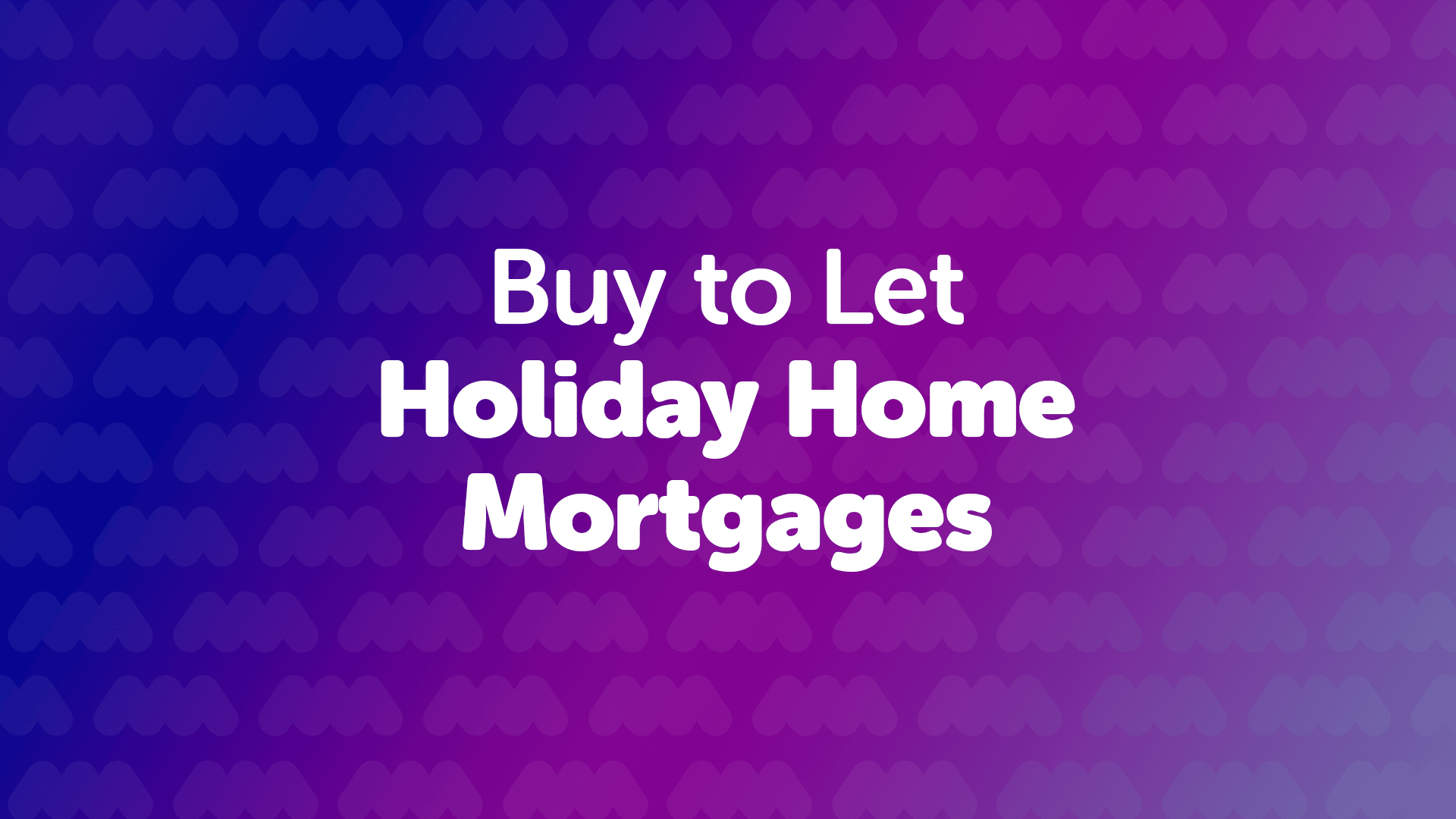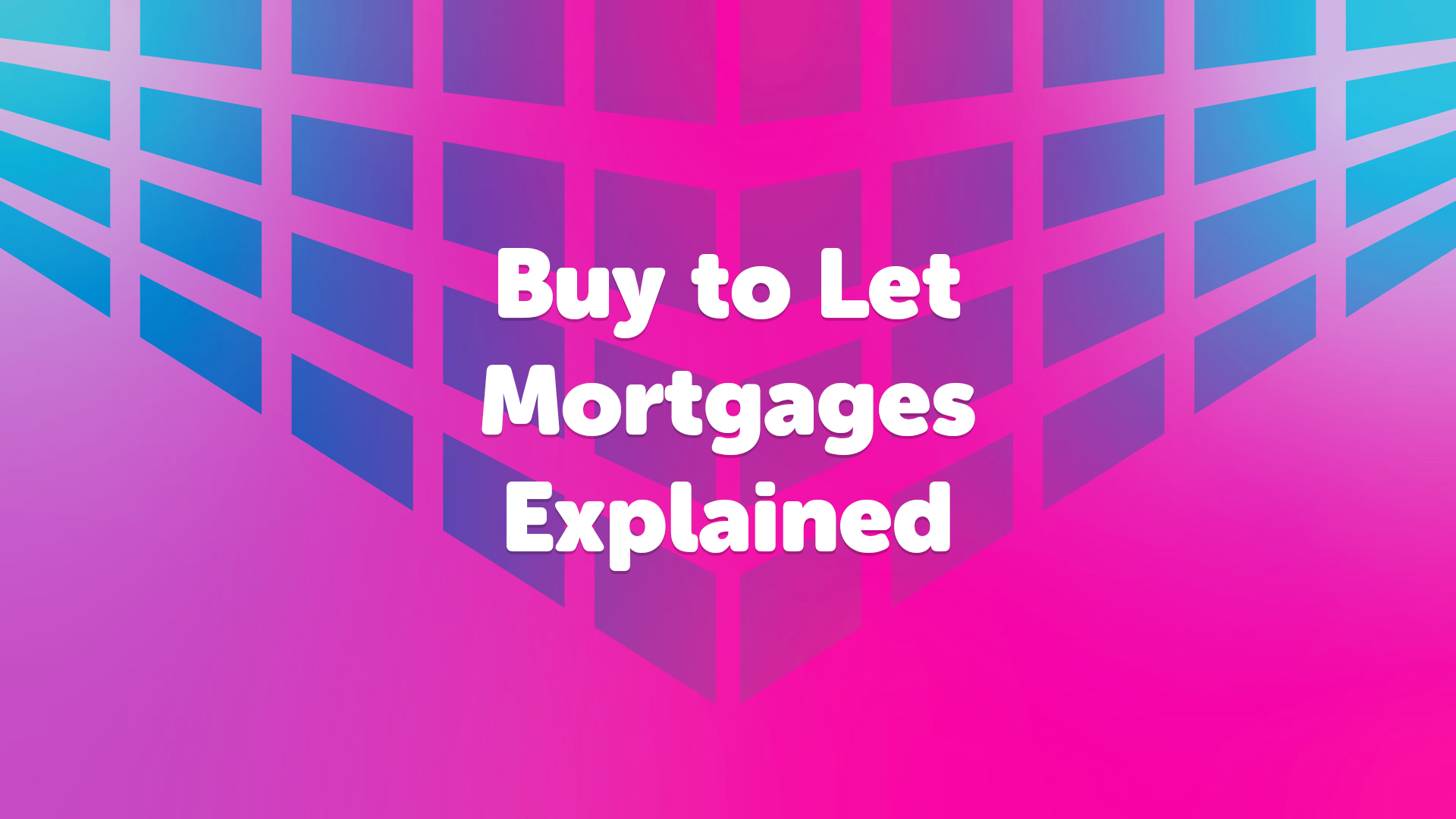Buy to let provides an opportunity for people to gain extra income by gaining a profit from owning more than one property. Buy to lets are seen as investment properties that can come in many different forms.
The most popular and traditional buy to let property is one that is bought to rent out. Another popular example is a let to buy property where the landlord is looking to buy a property to move into so that they can let out their current property. In this article, we are going to focus on holiday home buy to let mortgage in Nottingham so that you can see whether this is the right option for you or not.
What is a holiday let mortgage?
The holiday let mortgage is part of the buy to let mortgage family, where landlords let out their property to tourists and visitors for short-term over long-term stays.
With all types of mortgage, and even more so with buy to let, lenders need to know that you can afford to meet your mortgage repayments month-on-month. Buy to let involves being responsible for more than one property’s mortgage payments, therefore, if you do not have a tenant in the property, will you still be able to meet the payments?
This is why lenders are even more careful and have strict lending criteria with holiday let mortgages; depending on your type of property, you may receive an income from the property for half of the year. This would mean that your income would fluctuate, which can sometimes put off lenders.
Am I eligible for a holiday let mortgage?
To be eligible for a holiday let mortgage, you are going to need to pass their strict lending criteria. This criteria can vary from lender to lender, however, the vast majority of them will expect a good credit score and a large deposit in order to be even considered for a holiday let mortgage.
Your initial deposit amount for your holiday let mortgage will stand around 25% of the property’s value. You will also need a minimum income per year (on top of the rental income you will be making), a rental income to cover your monthly mortgage payments (with additional margins to meet) and holiday home insurance.
Lenders need to make sure that you account for potential booking cancellations or loss of income due to damages etc. Buying a holiday home comes with risks, as there will be parts of the year when you make zero profit or receive no income at all. This means that the interest rates that come with holiday let mortgages are usually higher.
Are holiday let mortgages worth it?
At the end of the day, it is completely up to you! As a mortgage broker in Nottingham with experience with holiday let mortgages, we would recommend weighing up the pros and cons before rushing into anything. Here are some of the pros and cons that we have come up with for owning a holiday let home:
Pros to owning a holiday let
- Receive an additional source of income
- A large investment that would be worth a lot in the future
- Gain more profit from peak holiday seasons
- Deduct expenses on fully furnished holiday homes
- Possible tax benefits (speak with a qualified advisor about this)
Cons to owning a holiday let
- High-interest rates
- Running costs can be quite high
- In off-peak times, you may lose more than make a profit
When owning a buy to let property, you cannot live inside it, however, you can when it comes to holiday lets. This could mean that you can enjoy cheaper holidays in the comfort of your own property. This is if you are not fully booked of course!
Remember that it is completely up to you whether you invest in a holiday let or not. Whilst the costs involved could seem like a lot, investing could mean that in the future you make more money back.
How are holiday let mortgages different from buy to let mortgages?
If you were to take out a buy to let mortgage in Nottingham, you would likely offer your rental property to tenants who are looking for somewhere to stay long-term. Depending on the type of property, tenancies usually start between 6-12 months. The amount you can borrow, depends more on potential rent, rather than income.
Holiday let mortgages, as mentioned before, are intended for people looking for short stays. A typical holiday let tenancy ranges from a few weeks to a month. Unlike a buy to let property, this may lead to your income fluctuating and being inconsistent across the year.
To work out how much you can borrow for your new holiday let mortgage, lenders will consider your potential income from the rental of the property (reviewing the various lettings seasons) as well as your personal income. This is usually how all types of buy to lets work.
Date Last Edited: November 22, 2023














